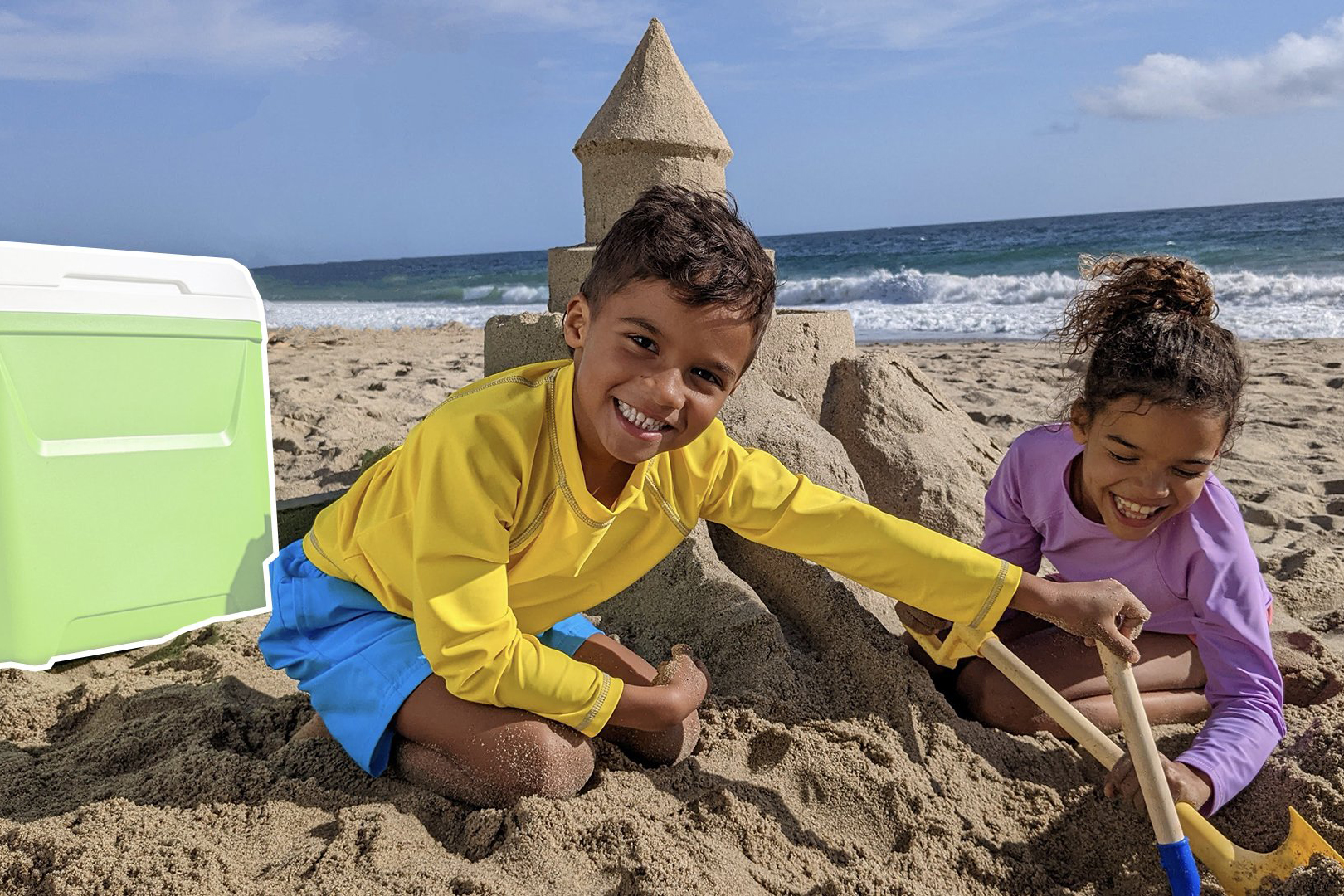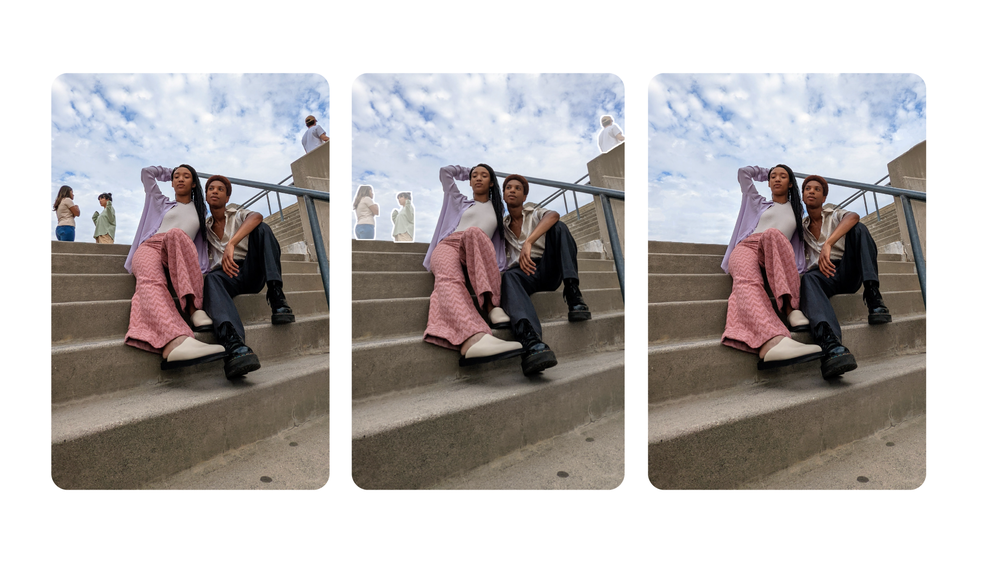Google’s Pixel guru on what’s next for Magic Eraser and the Pixel 6a
The photographer turned Pixel product manager on how Magic Eraser helps you take better photos

Photobombers are the worst. Just when you’ve lined up the perfect snap, someone bumbles into your shot and spoils your precious memory. Or maybe there’s just no way to frame a pic without also getting a load of construction work in the background. Time to break out the image editor.
A UK research study revealed almost a quarter of adults spend around three hours editing their travel snaps before sharing them on social media – and 44% are cropping out unwanted people and objects. Random strangers topped the list at 47%, followed by pillars or posts (20%) and unsightly buildings (18%).
That’s fine if you’re a Photoshop pro, but what about the rest of us? That was the thinking behind Google’s Magic Eraser tool, the cherry on top of the Google Pixel 6 and Pixel 6 Pro’s fantastic photography sundae of lenses and algorithmic cleverness. It programmatically works out what’s the important part of the image and what’s a background distraction, then digitally vanishes them with a few taps.
Former pro photographer and now Google Pixel product manager Navin Sarma spoke to us about the thinking behind Magic Eraser, and how the addition of Camouflage (set to drop soon along with the affordable Pixel 6a) puts the focus back where you want it, even when objects can’t be removed completely.
There are other tools out there that allow you to say exactly what you want to fill in the details of your photos. With Magic Eraser we wanted to create such an easy experience, people didn’t have to worry about it.
They just need to know that they want to remove. The Editor suggestions in Google Photos allow you the opportunity to understand when tools like Magic Eraser are useful. Once you’re into the feature, we have suggestions of what to erase from the photo.
You might presume you need to be super accurate with your finger motion; make sure that every single little bit of an object is selected. What we’re trying to do is make it super easy for you. We use AI to try to help to understand what is that thing that you’re trying to select.

It’s not just about algorithms doing all the heavy lifting.
We’re very intentional about exposing the interactive bit because we do want users to have that agency. We want people to explore their creativity as well, not just what we suggest for them, which is great. I think it’s really useful for them to be able to get those suggestions and do things automatically. But we’ve also found that people really do enjoy having some interaction.
New for ’22: hiding things in plain view.
You don’t necessarily have to just remove things. Maybe there’s a reason you wanted to keep something in the frame, maybe it’s something that has some significance – but you just don’t want the focus to be on it. Or maybe it’s just too large to remove or would look weird if you removed it. Camouflage is a way to change the colour and tone of those distractions. The way it dynamically adapts objects to the background is a totally innovative technique that we hope will spur a whole new batch of creativity from our users.


Users getting creative with their edits was a pleasant surprise.
We’re a bunch of photographers and image makers ourselves. We knew internally that people like to play around, so we played around with it to make sure it was good for more than just removing the background or people. We wanted to add that robustness. But I don’t think we necessarily knew exactly what everybody would do with it. That’s part of the serendipity in the magic of putting it out there to the world.
These tools make it easier for people to take better images – and makes photographers lazier too. But that’s OK.
What I really like about Magic Eraser is that it extends the playing field, it lets more people interact and, and put their voices and their visions forward. You take a picture in your backyard and it’s looking partly at the floor and you edit your way to something amazing. There’s still a journey there, right? You decided to take this picture, you came out with an output. What you’re creating and exploring is the part that matters. I’m just excited that people would want to try to spend their time and explore themselves this way.

Camouflage mode will be added to the Google Pixel 6 and Pixel 6 Pro soon, and is set to appear on the upcoming Pixel 6a.



